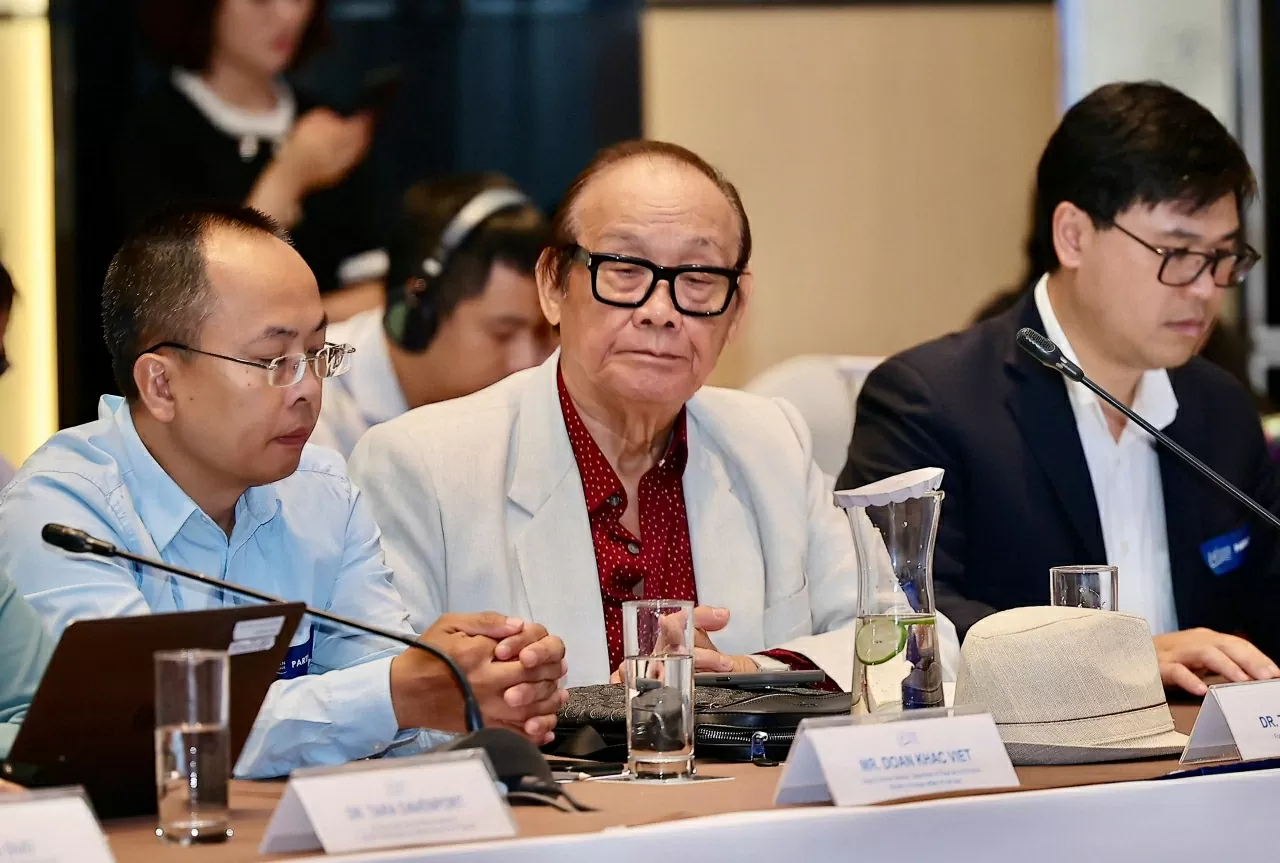 |
| Former Head of the Government Border Committee Tran Cong Truc (center) at the 14th Sea Dialogue on May 7. (Photo: Giang Hong) |
How do you evaluate the contributions of the International Tribunal for the Law of the Sea (ITLOS) in strengthening the legal order at sea over the past nearly 30 years?
The 1982 United Nations Convention on the Law of the Sea (UNCLOS) entered into force in 1994, and immediately after the Convention entered into force, the ITLOS was established. The provisions of the Convention include Annex VI which discusses the mechanism, position, role and jurisdiction of this Court in resolving disputes relating to the interpretation and application of this Convention in practice.
To date, ITLOS has handled over 20 disputes related to the interpretation and application of UNCLOS, including the consideration and settlement of disputes and requests from member countries.
In addition, ITLOS also handles legal requests from the International Seabed Authority (ISA), as well as issues related to the common interests and common heritage of mankind. In fact, ITLOS has contributed to the realization of the provisions of the Convention on the Law of the Sea, helping to effectively handle relations arising at sea and in the ocean.
This is evident in the determination of maritime zones under national sovereignty , sovereign rights and jurisdiction; the management of fishing activities, environmental protection and exploitation of living resources in international waters; as well as the settlement of issues related to the exploitation of the seabed and subsoil beyond the jurisdiction of any country, managed by ISA. I think these are great steps forward for ITLOS.
However, the mechanism for resolving these disputes still has limitations. Firstly , the resolution procedure is only meaningful when the parties reach an agreement - especially in the issue of delimiting overlapping areas - before it is considered, not just one party unilaterally bringing the matter to the Court.
Second , when the Court has made a judgment, it is binding, but enforcement is still problematic because there is no agency to supervise the enforcement of such judgments.
Therefore, ITLOS only has the authority to make judgments, while enforcement depends entirely on the voluntary participation of the parties involved. If one party does not comply, no agency has the right to enforce it. This is one of the major limitations that affects the position and role of ITLOS.
The 14th Ocean Dialogue with the theme “Dispute settlement mechanism in the 1982 United Nations Convention on the Law of the Sea: Role, effectiveness and efficiency” opened on May 7 in Hanoi, bringing together many diplomats, scholars and experts on the Law of the Sea from Vietnam and abroad to discuss the role of UNCLOS in protecting peace and stability in the ocean. The Dialogue includes four thematic discussions on the history, practice and future of the dispute settlement mechanism in UNCLOS. The event is co-organized by the Diplomatic Academy of Vietnam, the Konrad-Adenauer-Stiftung (KAS) and the Australian Embassy in Vietnam. |
Besides the ITLOS Court, how effective are other dispute resolution mechanisms in maintaining a peaceful and stable environment in the region, sir?
Currently, in addition to ITLOS, there are also the Permanent Court of Arbitration (PCA) and the International Court of Justice (ICJ) that can participate in resolving disputes at sea and in the ocean.
There are two types of legal disputes in the East Sea: disputes over territorial rights over islands and archipelagos; and disputes over the delimitation of overlapping areas. However, I believe that at present, the authority and procedures for resolving these disputes are still limited, so disputes over sovereignty and territorial rights are also very sensitive to these mechanisms.
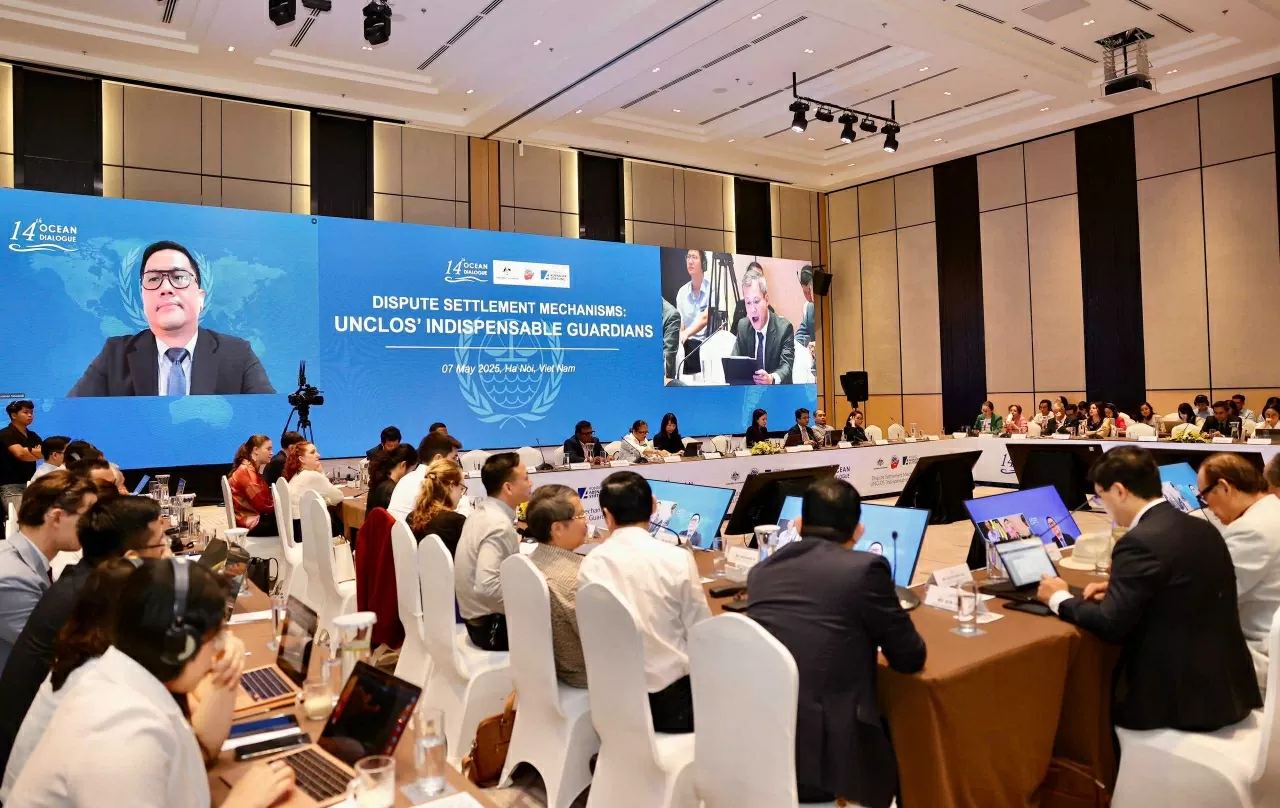 |
| The 14th Ocean Dialogue with the theme “Dispute settlement mechanism under the 1982 United Nations Convention on the Law of the Sea: Role, effectiveness and efficiency” on May 7 at the Sheraton Hotel, Hanoi. (Photo: Giang Hong) |
As a coastal state and an active member of UNCLOS, how can Vietnam contribute to improving the effectiveness of international dispute settlement mechanisms?
Vietnam was one of the first countries to sign and ratify UNCLOS, and has complied with the Convention with a high sense of responsibility. Of course, Vietnam's consistent policy is to resolve maritime disputes - especially in the East Sea - by peaceful means, including bilateral and multilateral negotiations and through international courts, demonstrating its support for the global legal system.
However, the use of these judicial mechanisms must also comply with the specific procedures and authorities prescribed by the Convention. Not all disputes can be easily brought to international judicial bodies for resolution. This requires Vietnam to carefully study and consider which cases are appropriate and feasible.
More importantly, through the process of approaching or studying international judicial mechanisms, such as at specialized seminars, we need to organize more scientific forums to contribute ideas to perfect the processes, mechanisms and authorities of these institutions, helping the judgments to be more practical. If we only stop at the political level, lacking legal depth, the judgments will hardly achieve the desired results.
In addition, at today's Dialogue, we highly appreciate and welcome the interest of Australia, India and several other countries in promoting a common voice to help maritime jurisdiction agencies operate more effectively and practically.
I believe that our friendly countries have made many significant contributions in terms of science and theory - contributions that we should continue to inherit and promote. That shows that they are truly interested in building a stable legal environment, thereby contributing to maintaining peace in both the region and the world.
Thank you very much.
Source: https://baoquocte.vn/viet-nam-hoan-nghenh-tieng-noi-chung-cu-a-cong-dong-ng-quoc-te-trong-phat-huy-co-che-tai-phan-bien-313683.html


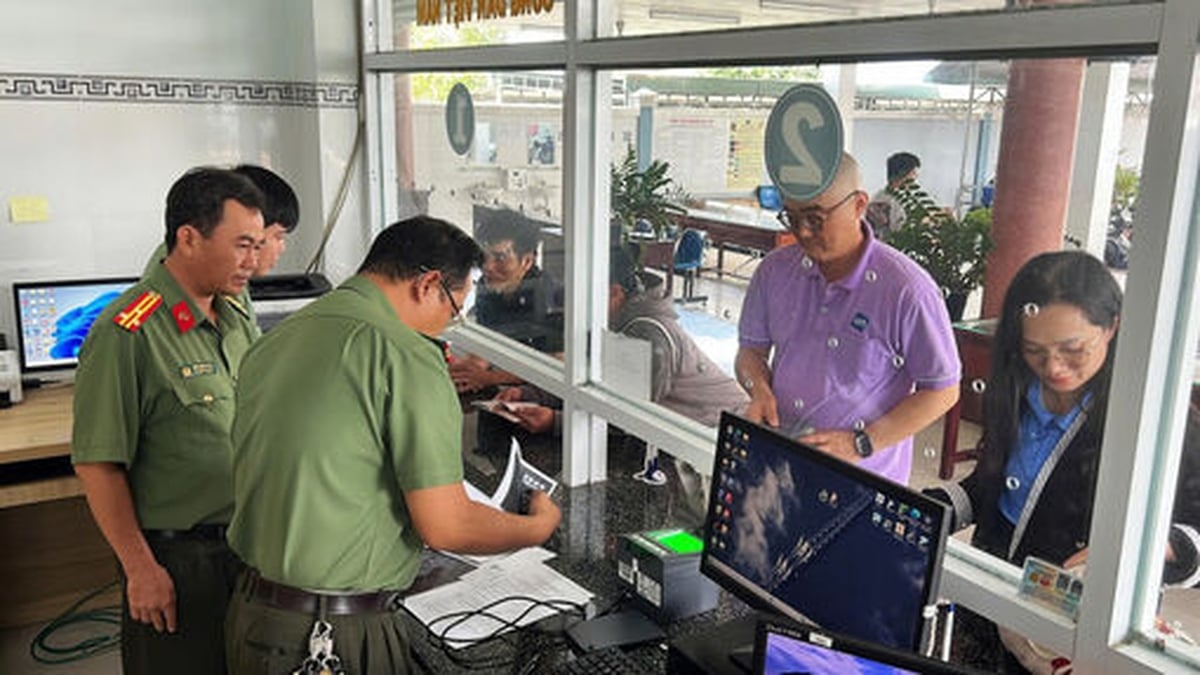

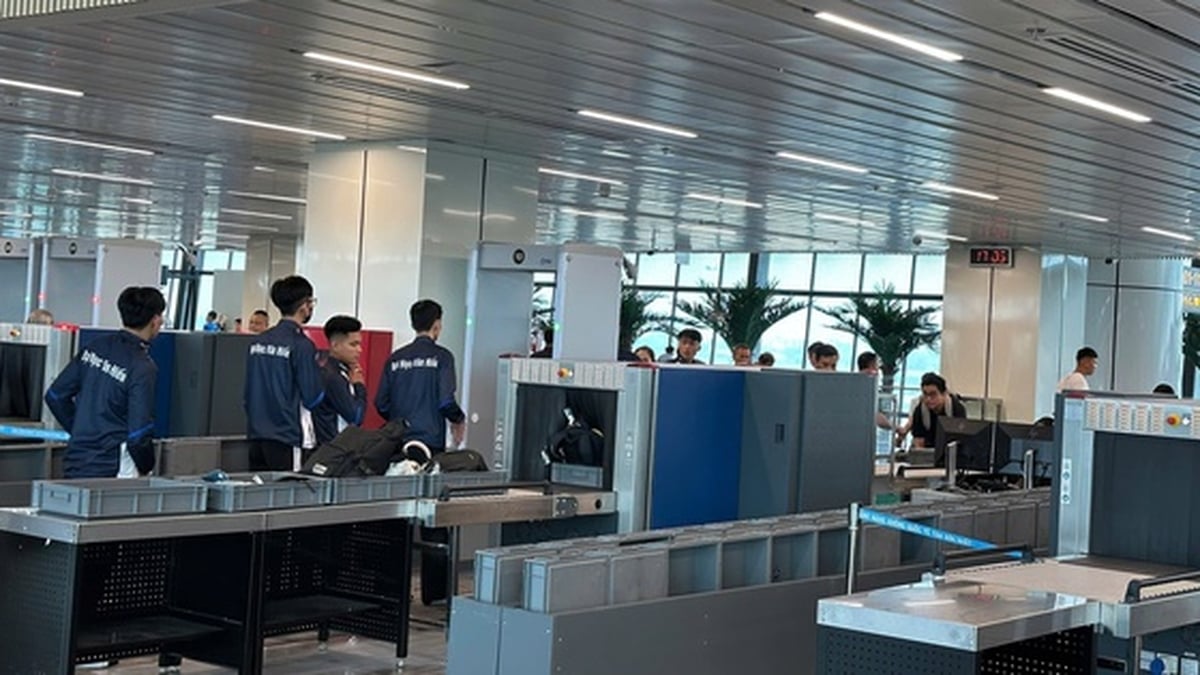

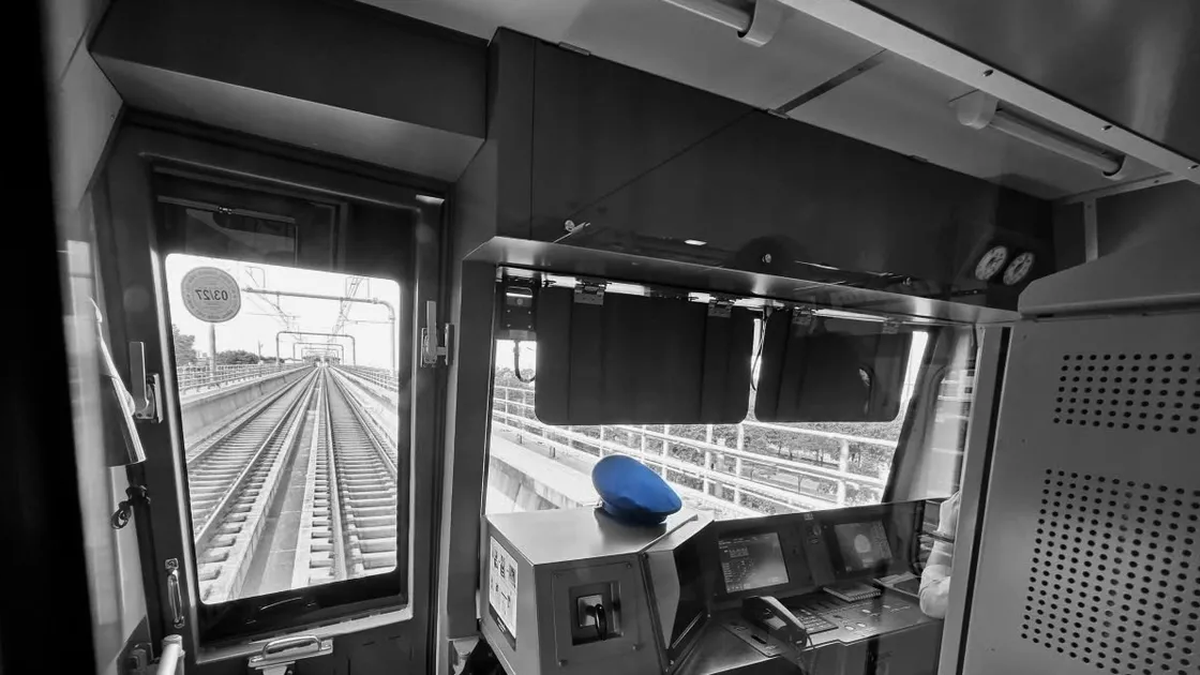
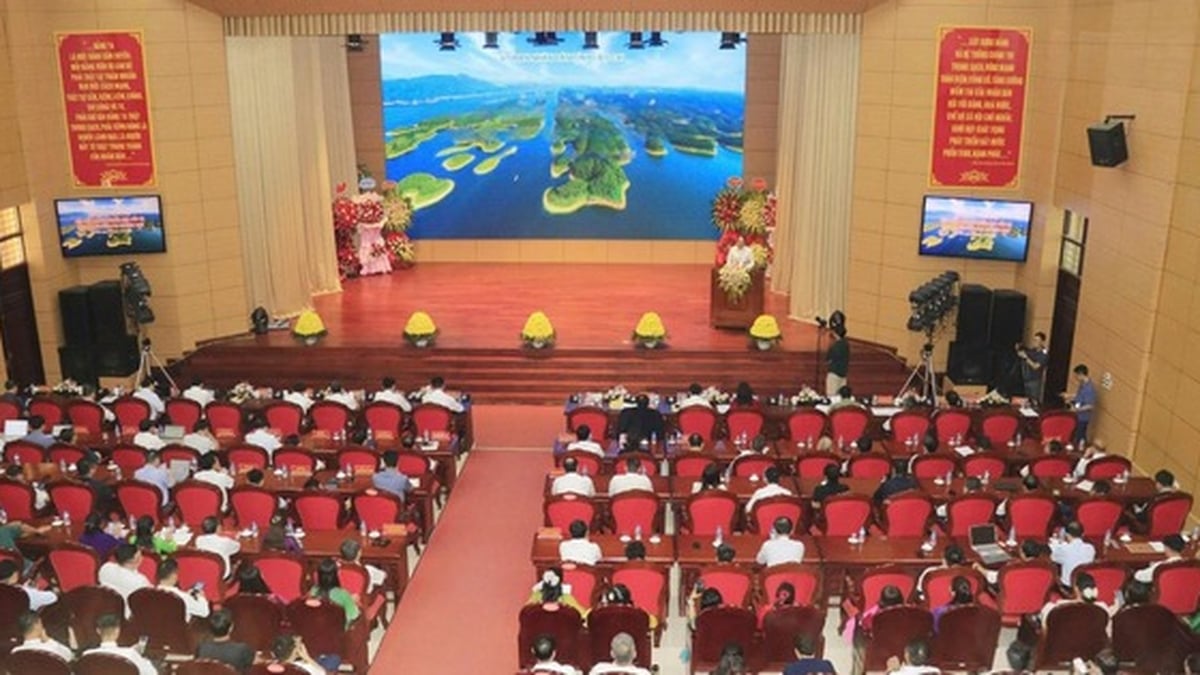
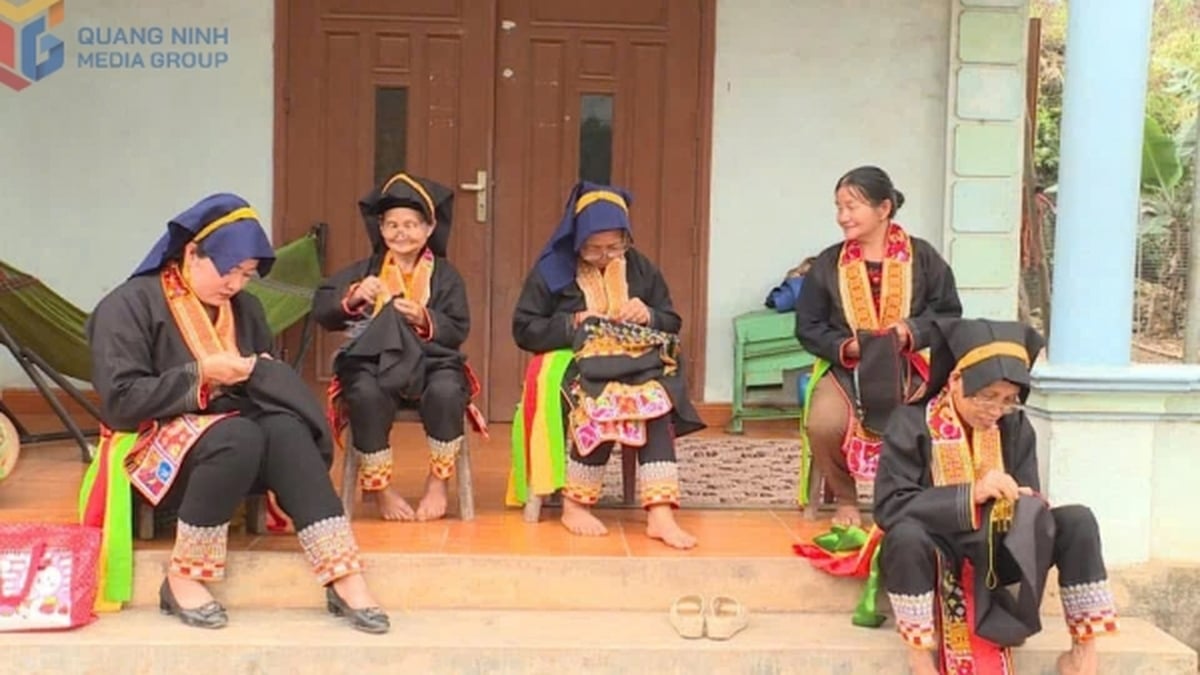

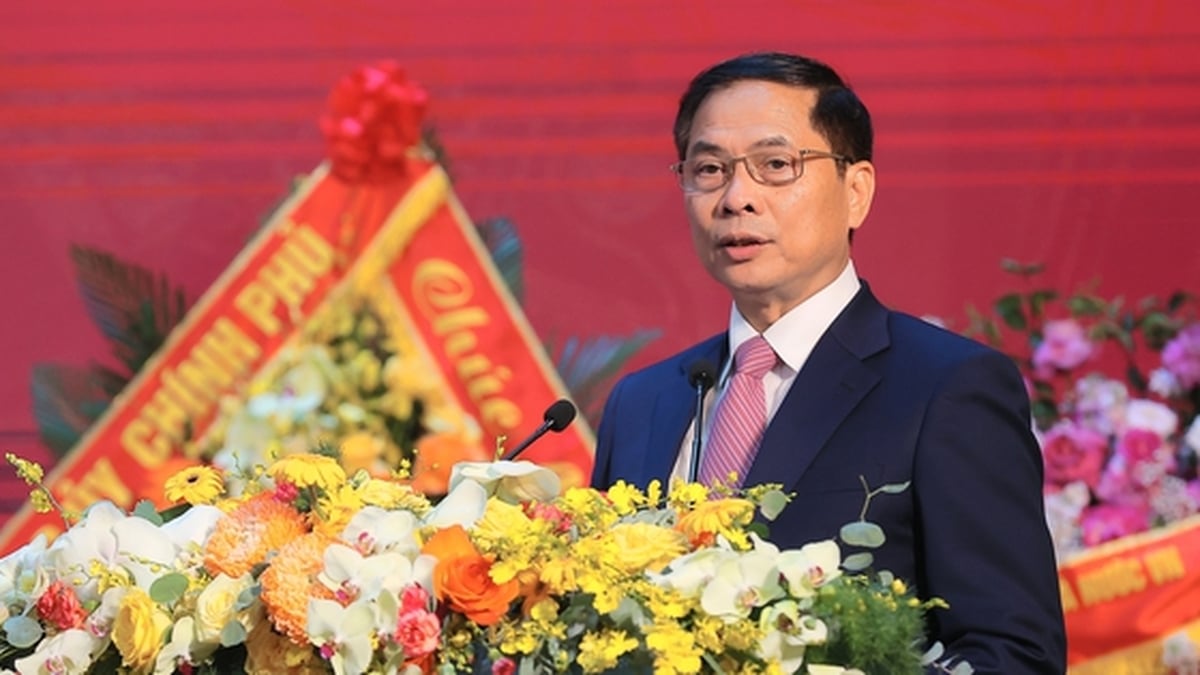
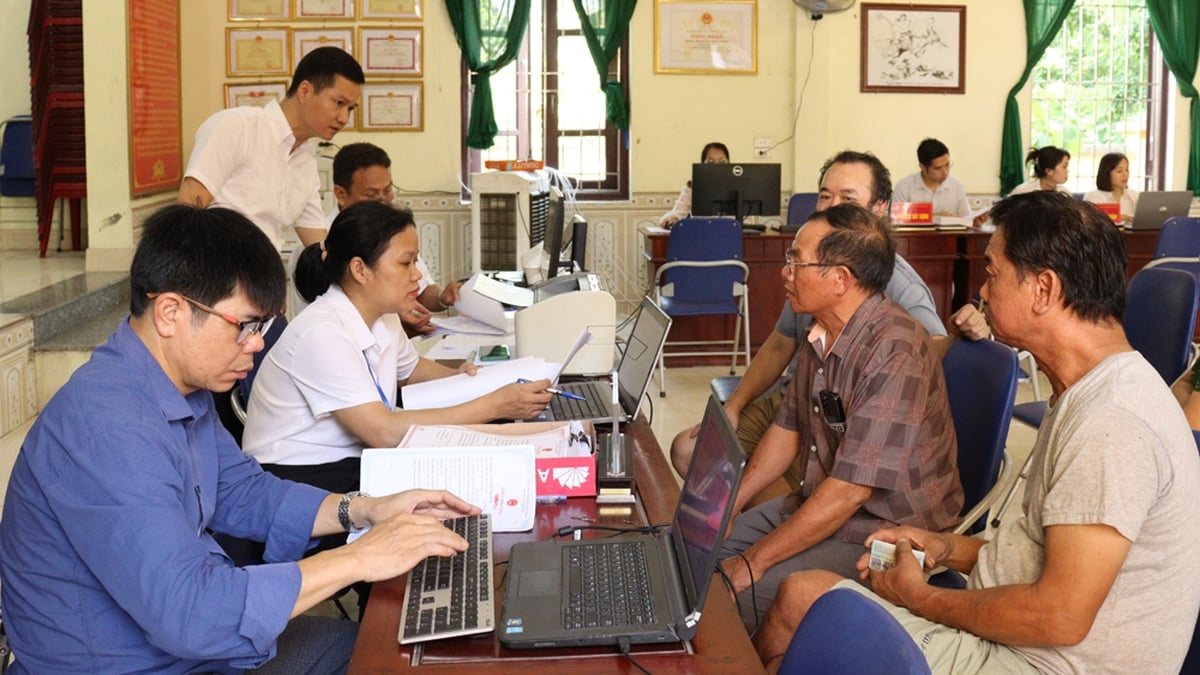























































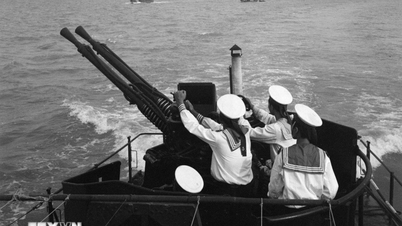

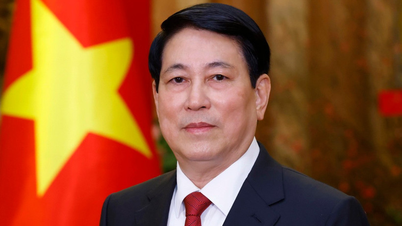
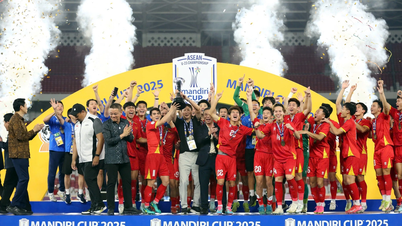
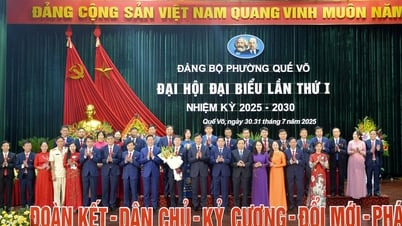

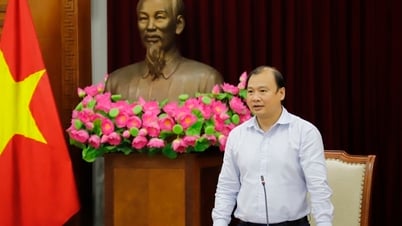

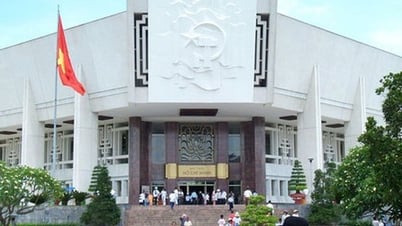



























Comment (0)